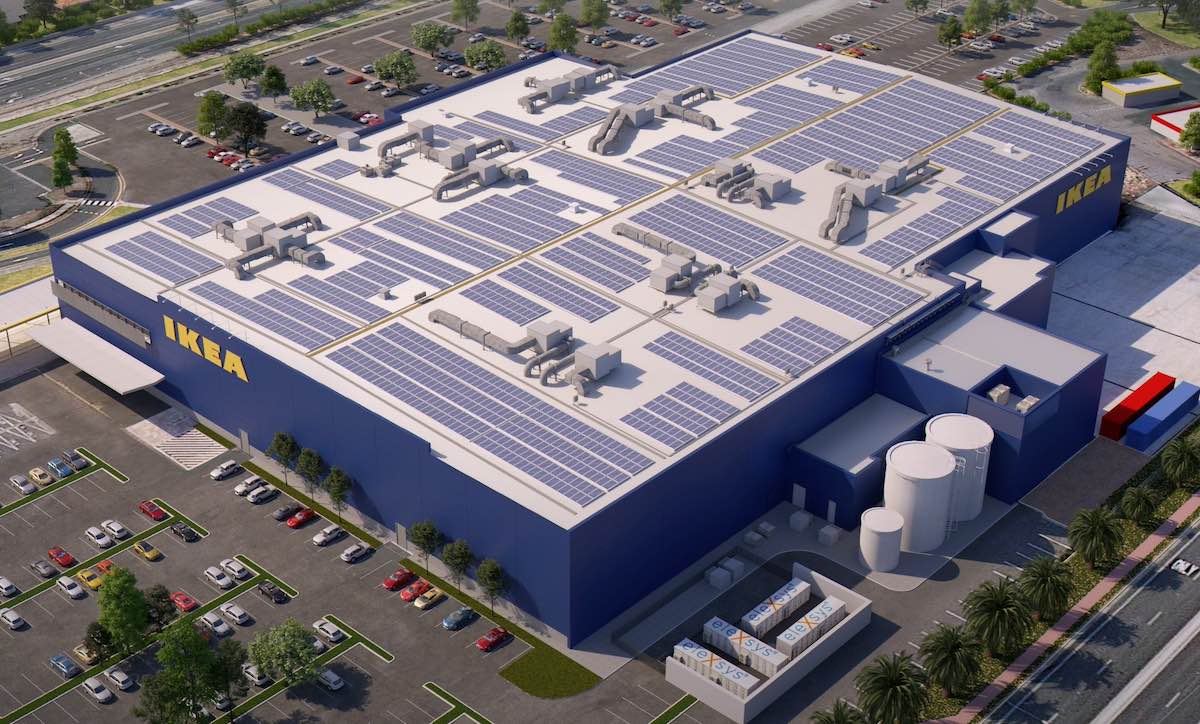

A Queensland company whose global award-winning and Arena-funded distributed energy optimisation technology underpinned Australia’s largest commercial solar and battery microgrid has been placed in liquidation.
Elexsys Energy, trading in Australia as Planet Ark Power, launched onto the scene in 2019 with plans to transform Australia’s legacy one-way grids into two-way renewable powered smart grids without the need to spend billions of dollars on infrastructure and equipment upgrades.
Instead, liquidator Travis Pullen from B&T Advisory was appointed by order of the Queensland Federal Court earlier this month, after an application to have Elexsys wound up was lodged by the Australian Taxation Office in May.
Co-founded by Bevan Holcombe and Richard Romanowski, Elexsys Energy was based on the technology platform of the same name, which used software and hardware to maxmise and fast-track the uptake of distributed solar on existing low voltage grids.
In Australia, the company – which at one point boasted a total of 15 PhDs on its team of engineering and technology experts, many from Griffith University and University of Queensland – was perhaps best known for its role in an innovative microgrid at Ikea Adelaide.
That project, billed as Australia’s largest urban, commercial-scale, rooftop solar-powered microgrid was launched in May 2023, combining more than 3,000 solar panels and a 3MW/3.45MWh battery.
As well as supplying 70 per cent of the Ikea store’s energy demand, the project – backed by a $1.95 million grant from the South Australia government – is designed to better manage the local network while improving the quality of power to nearby homes and businesses.
In November 2021, Elexsys was awarded a $3.5 million federal government grant to build its global manufacturing base in Queensland.
By then, the company was headquartered in London and was also embarking on a $A25m series B capital raise, which had attracted a $A1.5 million equity investment from Skylife, a fund established by the Sydney waste management and recycling Tartak family.
In February 2022, Elexsys won a $451,167 Arena grant to demonstrate the potential of its technology to boost the distributed renewbles hosting capacity of low voltage power lines, in partnership with Energy Queensland.
“ARENA is excited to be supporting eleXsys Energy’s trial of the eleXsys device,” said Arena chief Darren Miller at the time.
“After a successful trial in south-east Queensland, we could see the technology installed across the grid to save costs for users while also enabling more distributed renewals to be connected to the grid.”
According to the Arena website, the project finished up in November of last year, but there is no link to a report sharing its findings. The link to the Elexsys website currently takes you to the website of a not for profit aged care alliance.
In South Australia, the company got a state government grant of $803,000 to install 14 EV chargers at Pasadena Shopping Centre, including six ultra-fast and eight fast dual point charging stations, along with a 1MW/1.25MWh battery energy storage system (BESS) integrated with eleXsys Energy Units.
The Pasadena Shopping Centre EV Hub project was officially launched in June 2022 and was expected to be in operation in 2023. It is still listed on the Plugshare website as “coming soon” and EV drivers report no sign of any works.
Elexsys’ technology has also won a number of local and international accolades, including in 2021 the Award for Energy & Renewables at InnovationAus’ inaugural Awards for Excellence and first prize in the Renewable Energy Category at the 2021 Davos Energy Week Awards.
In 2022, the eleXsys solution was nominated for Prince William’s 2022 Earthshot Prize, considered the most prestigious global environmental award in history. In the UK, Elexsys was selected by the BBC and the World Energy Council as one of 20 companies featured in a documentary decarbonisation series.
It is unclear where things went wrong for the company, although it appears it had been struggling since October in 2023, when it first went into receivership.
A request for comment from the company and its co-founders was still awaiting a response at the time of publication. Renew Economy has also contacted Arena for comment on the progress of the Energy Queensland trial.
A solar farm and big battery proposed for development north of Geelong has been fast-tracked…
Activist shareholder forces another global energy giant to return money to investors and double down…
Peter Dutton says he will lower the cost of gas. But will that translate into…
Ausgrid’s Marc England explains why local networks are preparing their own ISP, and discussed batteries…
Distributed networks say they can host vast amounts of wind, solar and storage capacity at…
Developer of the biggest battery yet in South Australia says the company has struggled to…